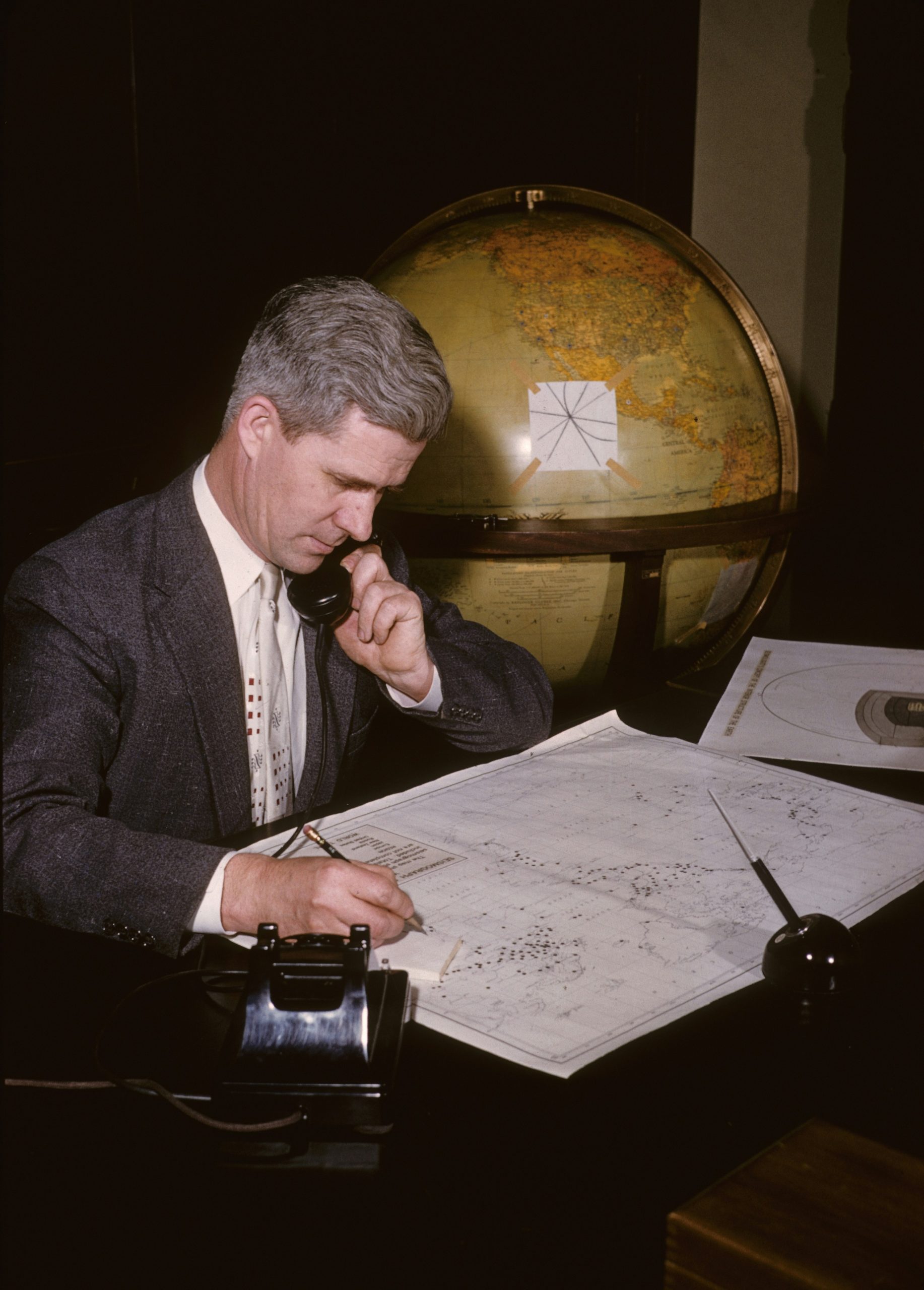
Historical Significance of Major Sports Events
Introduction
Sports events have always held a profound significance beyond mere competition. They serve as cultural touchstones, political stages, and economic drivers, influencing societies on a global scale. This article explores how major sports events throughout history have shaped our world in various impactful ways.
Cultural Impact
Sports events play a crucial role in defining and showcasing the cultural identity of nations and communities:
- Olympic Games: Since ancient times, the Olympics have promoted peace and unity among different cultures. The modern Olympics, revived in 1896, continue to foster international cooperation and cultural exchange.
- FIFA World Cup: The World Cup transcends sport, uniting nations through a shared passion for soccer. Hosting the event boosts national pride and cultural heritage, leaving a lasting legacy on host countries.
- Super Bowl: Beyond its sporting significance, the Super Bowl has become a cultural phenomenon in the United States, influencing entertainment, advertising, and even food consumption habits.
Political Influence
Major sports events often intersect with politics, serving as platforms for diplomacy, protest, and geopolitical messaging:
- Boycotts and Protests: The 1980 and 1984 Olympic Games saw significant political boycotts, highlighting global tensions during the Cold War.
- Munich 1972: The Munich Olympics were marred by tragedy when Israeli athletes were taken hostage by Palestinian terrorists, underscoring the event’s vulnerability to political extremism.
- South Africa’s Rugby World Cup 1995: Nelson Mandela used the tournament to unite a divided nation post-apartheid, demonstrating the power of sport in fostering reconciliation.
Economic Impact
Hosting major sports events can provide substantial economic benefits, but also come with significant costs and risks:
- Infrastructure Development: Host cities invest in new stadiums, transportation, and accommodation, stimulating local economies and creating jobs.
- Legacy and Tourism: Events like the Olympics leave a tourism legacy, attracting visitors long after the games end. For example, Barcelona saw increased tourism and urban development after hosting the 1992 Olympics.
- Financial Challenges: Overspending and debt can occur, as seen in some post-event analyses such as the 2004 Athens Olympics, which struggled financially after the games concluded.
Case Studies
Examining specific examples can highlight the diverse impacts of major sports events:
- 1972 Munich Olympics: Despite tragedy, the event spurred improvements in security protocols for future games.
- 1996 Atlanta Olympics: This event revitalized Atlanta’s image and infrastructure, boosting tourism and business investments.
- 2012 London Olympics: London successfully leveraged the games to regenerate East London, transforming the area into a thriving urban district.
Conclusion
Major sports events continue to be pivotal in shaping our world across cultural, political, and economic dimensions. They unite people, challenge norms, and leave lasting legacies that extend far beyond the field or stadium. As we look to the future, these events will undoubtedly continue to influence and inspire societies worldwide.



